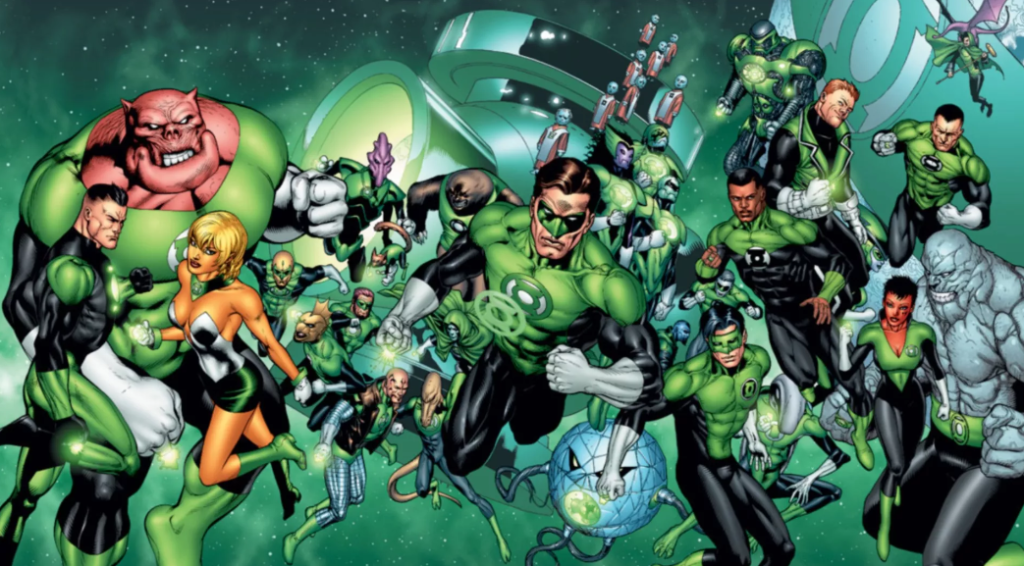Mastering Team Compositions in Overwatch: Strategies for Success

Introduction:
Overwatch, the popular team-based first-person shooter game developed by Blizzard Entertainment, requires more than just individual skills to succeed. A well-structured and balanced team composition is crucial for achieving victory. In this article, we will explore strategies and tips to master team compositions in Overwatch, giving you an edge in competitive matches.
Team Composition Basics:
A successful team composition consists of diverse roles that work together synergistically. The three primary role categories in Overwatch are Tanks, Damage heroes, and Support heroes. Tanks absorb damage and create space, Damage heroes deal significant damage, and Support heroes provide healing and utility. A balanced team comprises a combination of heroes from each category.
Understanding Roles and Counters:
Each hero in Overwatch has strengths and weaknesses, and recognizing the role of each hero is vital for building a successful team composition. Knowing which heroes counter certain enemy heroes can give your team a significant advantage. For example, using a tank like D.Va or Winston can effectively counter enemy snipers such as Widowmaker or Hanzo.
Communication and Coordination:
Effective communication and coordination are essential for success in Overwatch. A well-coordinated team can make strategic plays, such as combining ultimate abilities for devastating effects. Using voice chat or the in-game communication wheel to provide important information, like enemy positions or low health targets, can greatly enhance your team’s performance.
Adapting to the Situation:
Flexibility is key in Overwatch. Being able to adapt your team composition based on the situation is crucial for success. If the enemy team is overwhelming you with damage, consider switching to heroes that counter their composition. Additionally, constantly evaluating and adjusting your team composition during a match is crucial for staying ahead.
Practice and Teamwork:
Mastering team compositions in Overwatch requires practice and teamwork. It’s essential to play and communicate with your teammates regularly to build chemistry and understanding. Discussing strategies, sharing tips, and analyzing gameplay together can lead to better coordination and performance.
Conclusion:
Mastering team compositions in Overwatch is vital for success in this team-based shooter game. By understanding the basics of team composition, recognizing heroes’ roles and counters, communicating effectively, adapting to the situation, and practicing as a team, you can gain a significant advantage over your opponents.


